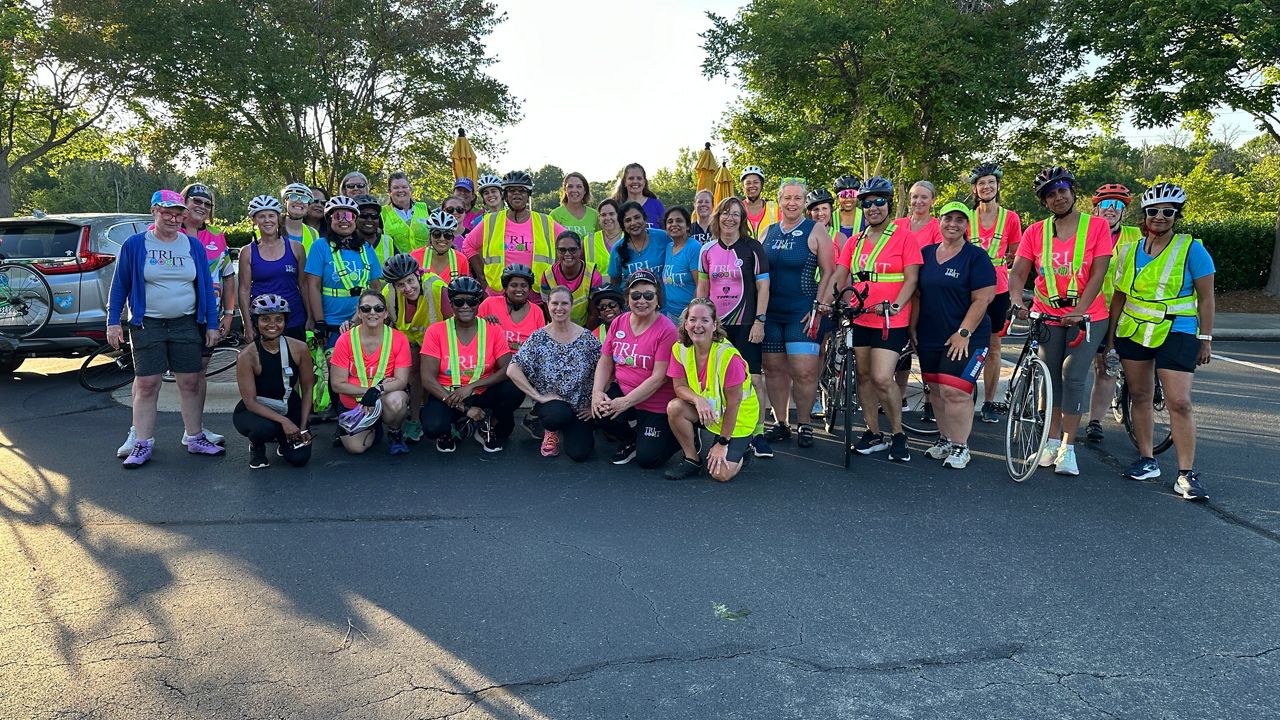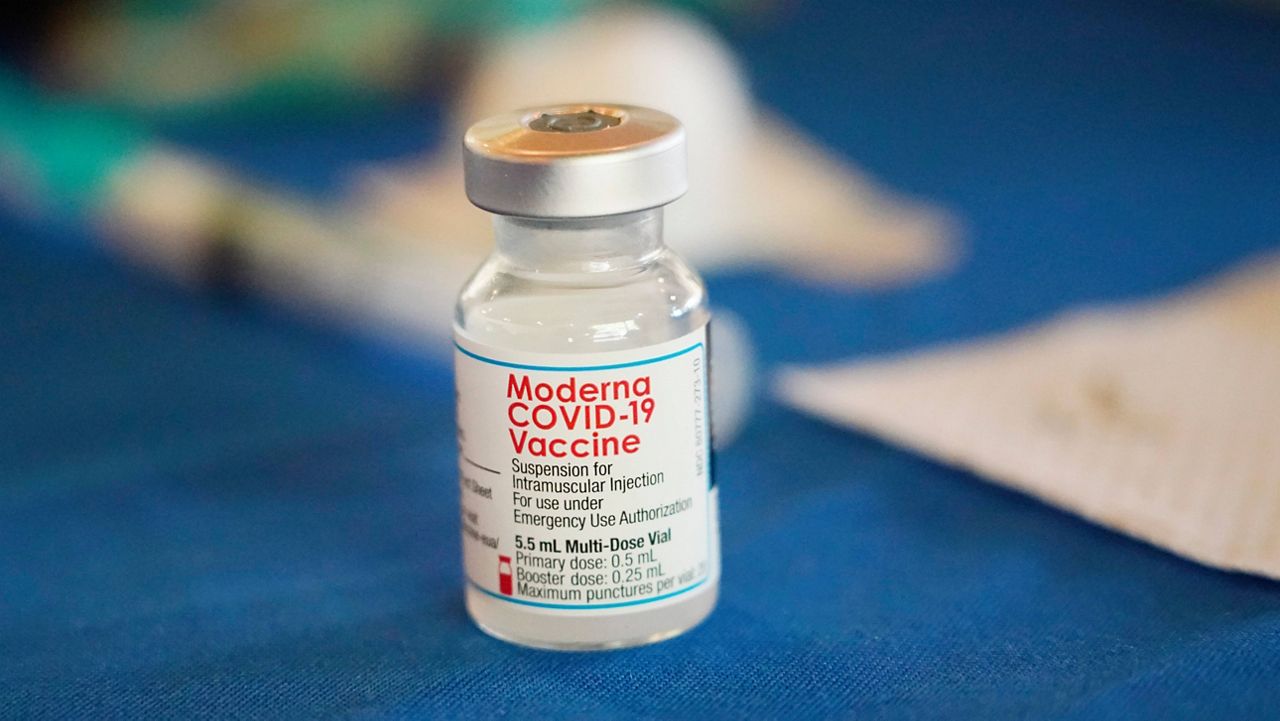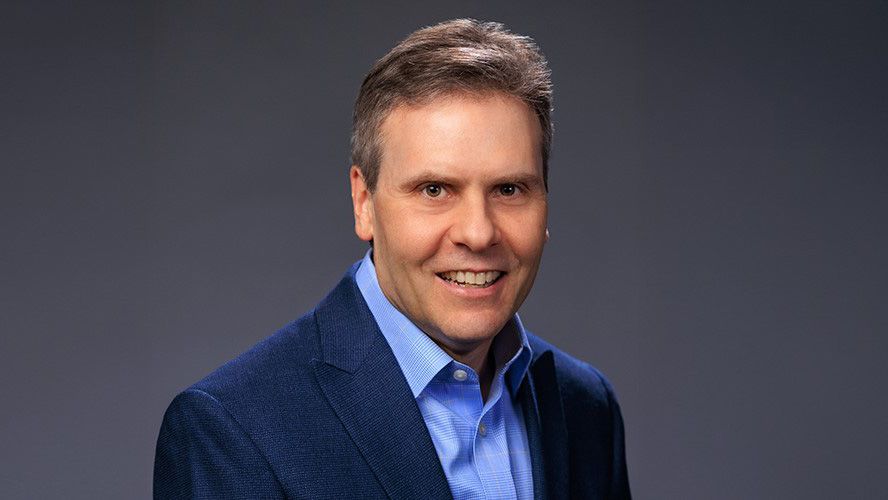CARY, N.C. – Staying at home means staying in pain for those with chronic health issues. Pandemic or not, if you have chronic health issues, officials say it's especially important to stay on top of it. That's why doctors are urging folks to keep their appointments, as long as they don't have any symptoms of the coronavirus.
Cleaning every surface, between every adjustment, has become the norm for Dr. Abbie Swank and Dr. Parker Neill.
The husband/wife duo run Swank Chiropractic Sports Medicine and Wellness Center in Cary.
"Our biggest goal here is that our patients and our staff feel safe, so we can help continue to take care of people during this trying time,” Swank said.
When COVID-19 forced many businesses to close, they stayed open as an essential business.
“We have kept up to date with sanitation measures, social distancing measures, as much as you can in a chiropractic office. We have air purifiers in most of the rooms here, we have hospital-grade cleaners that we clean the tables with between each patient,” Neil said. “We provide masks for people who ask. Our staff regularly takes their temperatures, and we take the temperatures of every patient that comes in.”
And they're urging patients to continue coming in, as long as they don't feel sick.
“Our patients have had more trouble working from home than we ever imagined. We’re not moving as much. I would say, if you’re not feeling any sickness, go see your chiropractor,” Swank said. “Keep your joints moving, keep them happy and healthy. As we start to transition back into Phase 1, everything is opening up, we want to make that transition nice and smooth, self-care is huge.”
It's not just those with back or neck pain.
“We really do have concern right now for the way that people are delaying acute care and neglecting their chronic care,” said Dr. Joanne Fruth, the Chief Medical Officer for Avance Care.
Fruth says skipping appointments can lead to much bigger issues down the road.
“I think there’s going to be, what I’m going to call, downstream burden, because of the fact that maybe someone’s home with their blood pressure not being controlled, maybe there’s been some overeating, some poor food choices, less exercise. So will there be long-term consequences regarding that person's risk for a heart attack or cardiovascular disease? I don’t know. But it’s a possibility. Same thing with diabetes.”
While we're all getting use to a new normal, like wearing masks and sanitizing more often, Swank says she thinks some of these measures will stick around.
“These extra things that we’re doing, I imagine we’ll keep them around,” Swank said. “I mean we’ve actually used this as a learning tool for our practice as well. There are some things that we can start implementing that I think will better service our patients and our staff.”
Doctors say a lot can be done through telehealth, which has become more popular during this pandemic. Fruth also encourages patients to trust their guts and don't be afraid to reach out to their provider.








